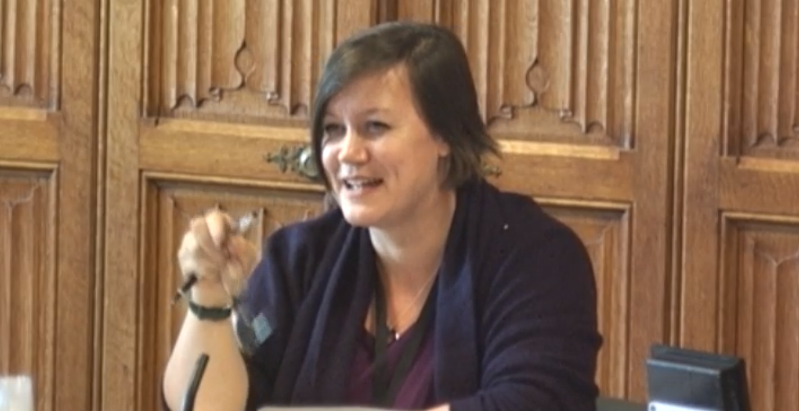The Treasury does not know whether private finance initiative (PFI) contracts offer value for money and has no plans to find out, a powerful committee of MPs has warned.
A report from the public accounts committee, released today, told the government to be “much clearer” about the use of PFI contracts and their benefits.
PFI contracts involve private companies paying for new buildings at schools or hospitals and taking an equity stake in the site. Occupants then pay the company back with interest over contracts that typically last 25 to 30 years.
Without quantifying the benefits it is impossible to know whether PFI offers value for money, yet the Treasury continues to assert that it does
Although it accepted that PFI is beneficial to the Treasury, as the expenditure is not included on the balance sheet for public debt, the committee warned the “ongoing costs to the institutions at the front line have been high and the contracts inflexible”.
PFI in schools has long proved controversial. Liverpool city council is currently paying £4 million a year for the empty Parklands High School. When it expires in 2028, the deal will have cost the taxpayer almost £55.5 million since it closed in 2014.
The Treasury has “acknowledged it has not attempted to quantify the benefits of using PFI”.
The Infrastructure and Projects Authority (IPA) told the committee that data on the benefits of PFI “doesn’t exist” and the Treasury said it is “impossible” to say whether the positives justify the higher costs.
The organisation is collating any existing data on PFI benefits and comparing schools and hospitals nearing the end of their contracts with publicly financed assets to see if any benefits of PFI have materialised, but it will not publish its findings.
Meanwhile, the Department for Education is currently comparing the value for money of schools on PFI against public financed ones, but would not confirm whether or not the findings will be published.
Chair: The government’s attitude ‘beggars belief’
Meg Hillier, who chairs the committee, said the government’s “inability to answer basic questions about PFI remains undimmed” and it must “level with taxpayers about the value of PFI”.

“It beggars belief that such apparently institutionalised fuzzy thinking over such large sums of public money should have prevailed for so long,” she said.
There are over 700 contracts in operation. Between 2016 and 2017, public bodies including schools paid £10.3 billion to private companies. In the last 25 years the government has paid £110 billion for the contracts and, even without any new deals, it will have to pay another £199 billion by the 2040s for existing contracts.
The DfE’s accounts showed PFI debts had risen to £1.8 billion in July 2017, an increase of £300 million on the year before.
The Kingsway Academy in the Wirral will close in August due to “crippling” PFI costs of £21 million, while a contract costing £1 million a year has prevented Mexborough Academy, previously run by the collapsed Wakefield City Academies Trust, from finding a new home.
The government reformed the contracts to create PF2 in 2012, but the committee said it remained “fundamentally the same model as PFI”, and told the Treasury to write to it before signing any new PF2 deals “demonstrating how the changes introduced under PF2 are not influenced by balance sheet treatment”.
PF2 has only been used for six projects since its launch, including the Priority School Building Programme, which will build 46 schools in five batches at a cost of £623 million.
Half of the equity in PFI and PF2 projects is owned by offshore infrastructure funds, the committee warned, and the five largest are paying less than one per cent tax on their profits.







It’s all very well Meg Hillier (a Labour MP) lambasting the (Conservative) Government for “institutionalised fuzzy thinking”, that is only to be expected. But as we all know the vast majority of PFI contracts were inherited from a Labour Government which rushed headlong into the scheme. Once contracts are entered into it is virtually impossible to exit without paying eye-watering compensation claims (an issue conveniently glossed over by John McDonnell and his cronies) so there’s no point blaming the current mob – it’s the Government that signed the contracts that should be held to account.